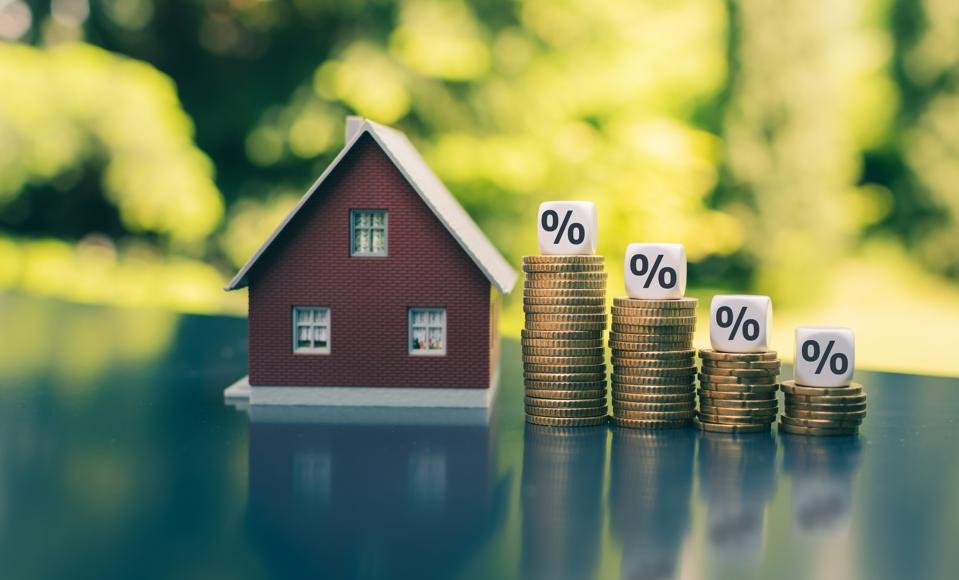The typical U.S. 30-year mortgage price surpassed 7% for the primary time in 20 years, mortgage big Freddie Mac stated Thursday.
As of Oct. 27, the typical price hit 7.08%, the very best degree since April 2002 and one which Freddie Mac stated is “resulting in higher stagnation within the housing market.”
“As inflation endures, customers are seeing greater prices at each flip, inflicting additional declines in client confidence this month,” it stated. “In reality, many potential homebuyers are selecting to attend and see the place the housing market will find yourself, pushing demand and residential costs additional downward.”
Residence value positive aspects decelerated at a report tempo in August in line with the S&P CoreLogic Case-Shiller Residence Value Index, cooling from 15.6% to 13% on an annual foundation. However dwelling costs are nonetheless climbing, having elevated from $449,300 to $454,900 within the third quarter, in line with U.S. census knowledge.
In the meantime, the nationwide median mortgage cost was $1,941 in September, up from $1,839 in August and a rise from $1,844 in July, in line with the Mortgage Bankers Affiliation. It was up by $558 within the first 9 months of the yr, equal to a 40.4% enhance, the affiliation stated.
“Homebuyer affordability took an unlimited hit in September, with the 75-basis-point leap in mortgage charges resulting in the everyday homebuyer’s month-to-month cost rising $102 from August,” Edward Seiler, affiliate vp of housing economics on the Mortgage Bankers Affiliation, stated in a press release. “With mortgage charges persevering with to rise, the buying energy of debtors is shrinking. The median mortgage quantity in September was $305,550 — a lot decrease than the February peak of $340,000.”
The altering home-buying panorama might additionally worsen racial wealth inequality, in line with the Nationwide Affiliation of Realtors.
“With 7% mortgage charges, solely 15% of Black households can presently afford to purchase the everyday dwelling in comparison with 30% of White households,” Nadia Evangelou, Nationwide Affiliation of Realtors senior economist and director of forecasting, stated in a press release. “Thus, Black households might fall additional behind in homeownership in comparison with their White counterparts.”








